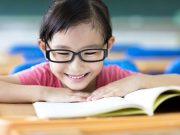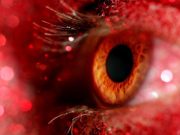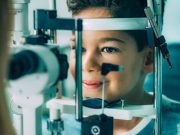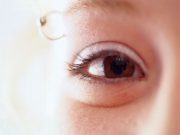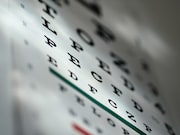Tag: Myopia (Nearsightedness)
0.05 Percent Atropine Eye Drops Result in Lower Incidence of Myopia
Incidence of myopia and percentage of patients with fast myopic shift lower with 0.05 percent atropine versus placebo among children aged 4 to 9 years without myopia at baseline
Education Interacts With Genetic Variants to Increase Myopia Risk
Genotype by education interaction identified for five genetic variants, with increased effect for university-level education
7-Methylxanthine Linked to Reduced Myopia Progression in Children
Rate of myopia progression and axial elongation reduced in association with caffeine metabolite 7-MX treatment
Myopia Progressed Faster in Children Under COVID-19 Lockdowns
Exploratory analysis shows link between optical defocus treatment and slower progression of myopia in school-aged children
Myopia Progression May Continue in Young Adults Into Late 20s
Myopia incidence from age 20 to 28 years was 14 percent
Myopia Incidence Up in Hong Kong Schoolchildren During COVID-19
From pre-COVID-19 to COVID-19, time spent on outdoor activities decreased and screen time increased
Myopia Up in Children Confined to Home During Pandemic
Substantial myopic shift and increased prevalence of myopia seen among children aged 6, 7, 8 years


